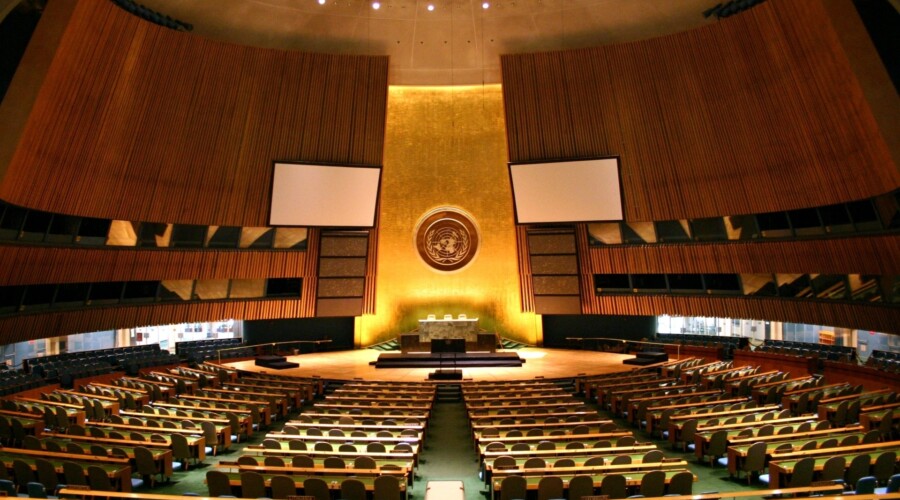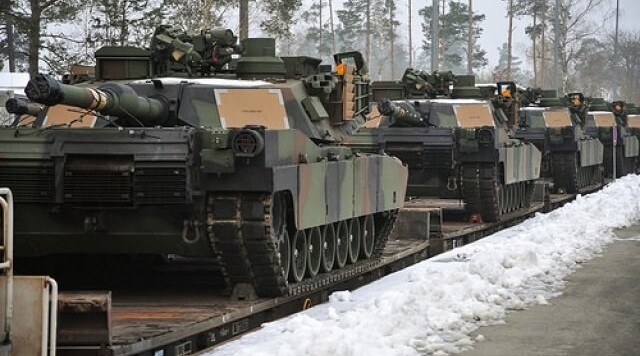How do you choose missions to fight a war effectively, while minimizing civilian deaths and meeting the obligation to your soldiers?
There is no bigger ethical choice than choosing to risk lives. There should be a moral purpose behind a decision to fight. In Afghanistan in 2003, with the Taliban sheltering al Qaeda and September 11th a recent memory, the moral purpose was clear. In the 2010 policy debate, for many that certainty is harder to find.
Perhaps more important, however, are the choices involved while fighting. Three competing demands must be balanced. These are amplified in a non-conventional war like Afghanistan, where a counter-insurgency strategy places them in sharp contrast.
First, young combatants are conscripted or volunteer to fight, and perhaps die. There is an ethical requirement to provide them with their best chance to survive.
Next, non-combatants rightly expect not to be targets, but separating civilians from combatants in Afghanistan is difficult. Nevertheless, there is an ethical requirement to keep them safe.
Finally, battles must be fought, and when choosing missions there is usually a tension between implementing the strategy and risking soldiers or civilians.
Balancing these three competing demands can be a vicious circle. Emphasizing mission puts winning first. But in Afghanistan, killing civilians jeopardizes the mission. Rules of engagement for soldiers that try to limit civilian deaths increase soldiers' risks.
What would you do? How do you choose missions to fight a war effectively, while minimizing civilian deaths and meeting the obligation to your soldiers?
Photo Credits in order of Appearance:
Scott*
Andrya Hill/ US Army
Viewmaker
Mark O'Donald/ US Army
Rick Scavetta/ US Army
Paz Quillé, Canadian Forces Combat Camera
ussocom_ru
Craig Fiander, JTF
hugovk
Rahmudeen Nangarhari
Jennifer Cohen
Robin Mugridge



